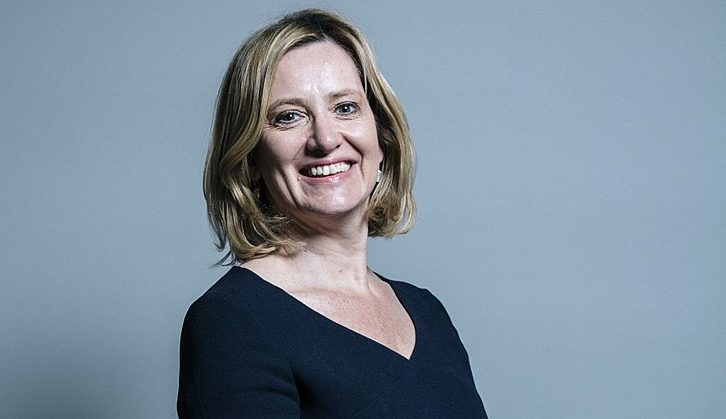Universal Credit claimants seen to be putting in the “maximum effort” to find work should be rewarded with a financial “prize”, a conservative think tank has suggested.
In an effort to make Universal Credit, the government’s controversial streamlined welfare system, seem more attractive in the public eye, think tank Bright Blue recommends a supplement be integrated into benefit payments for those “meeting the most demanding conditions around job seeking”.
Another option would be to reward a biannual £1,000 cash prize to claimants.
The report also calls for compensation payments if a jobcentre fails to pay benefits on time or cancels promised skills courses.
The money could total hundreds or thousands of pounds, and would be viewed as respite to the many benefit seekers who have been let down or turned away by job centres since the rollout of the new benefit, which unites six benefits including disability and housing support under one umbrella.
Unfairness That Must Change

Amber Rudd MP has admitted Universal Credit has big challenges. Image credit: Wiki Commons
Addressing one of many controversies around how just the reforms really are, Bright Blue branded it unfair that benefits sanctions are placed on claimants for missing appointments and yet job centre officials can get away without a penalty for their errors.
Another thinktank last month revealed new figures showing a rise in income inequality in 2018, which critics argue is largely the fault of the Universal Credit benefits reforms which are “driving people into destitution”.
One of Universal Credit’s key failings, say critics, is forcing claimants to wait up to five weeks for their first benefit payment. The right-leaning thinktank says a one-off initial “helping hand” payment should be made that covers a quarter of the expected first month’s sum to help offset financial stress.
Last month Citizen’s Advice found that the 35-day delay was reducing nearly half of the claimants it helped to living without the money to afford basic essentials such as food or heating, while 54 per cent had to borrow funds from family and friends to pay bills and stay afloat.
Widespread Cynicism Over Universal Credit Access

The authors of the report agreed with Universal Credit as a system in principle but sympathised with the interviewees who said it was ‘distressing’, ‘confusing’ and ‘challenging’, prompting them to call for mental health and disability workers in every job centre.
In another siren call to ensure “equal treatment of all actors in the universal credit system…[thus] sustaining public and specifically claimants’ support for it,” claimants should be given the right to an independent appeal for compensation if sanctions imposed by the Department of Work and Pensions (DWP) were judged to have broken rules, the report added.
Amid widespread cynicism among those claimants interviewed that the system has been made intentionally difficult to access, other suggested reforms included a smartphone app for those without a computer, and a live chat feature when claimants login online.
Too Much Hardship
Today, Bright Blue published a new report, ‘Helping hand? Improving Universal Credit.’ Read it here: https://t.co/xAfFHCoKjU pic.twitter.com/DbiWJQ2UCi
— Bright Blue (@WeAreBrightBlue) March 11, 2019
Ryan Shorthouse, the director of Bright Blue and a co-author of the report, said: “Despite welcome improvements made by the government in recent years, there are too many examples and too much evidence of significant hardship experienced by a sizeable minority of those on universal credit.”
A DWP spokesperson labelled the rollout of Universal Credit a success story: “We welcome the report’s finding that the majority of people have had a smooth move on to universal credit, appreciating the simple monthly payment and work coach support.”
The DWP was last month accused of trying to “hide” the level of Universal Credit claimants relying on food banks, weeks after the Trussel Trust found that the two issues were inextricably linked as the use of foodbanks increased by 52 per cent in areas where the reforms had been in place for over a year.
Work and Pensions secretary Amber Rudd backtracked slightly, conceding in February that the rollout of the new system, in the context of a wider benefits squeeze, had helped cause the hike in emergency food bank use.






